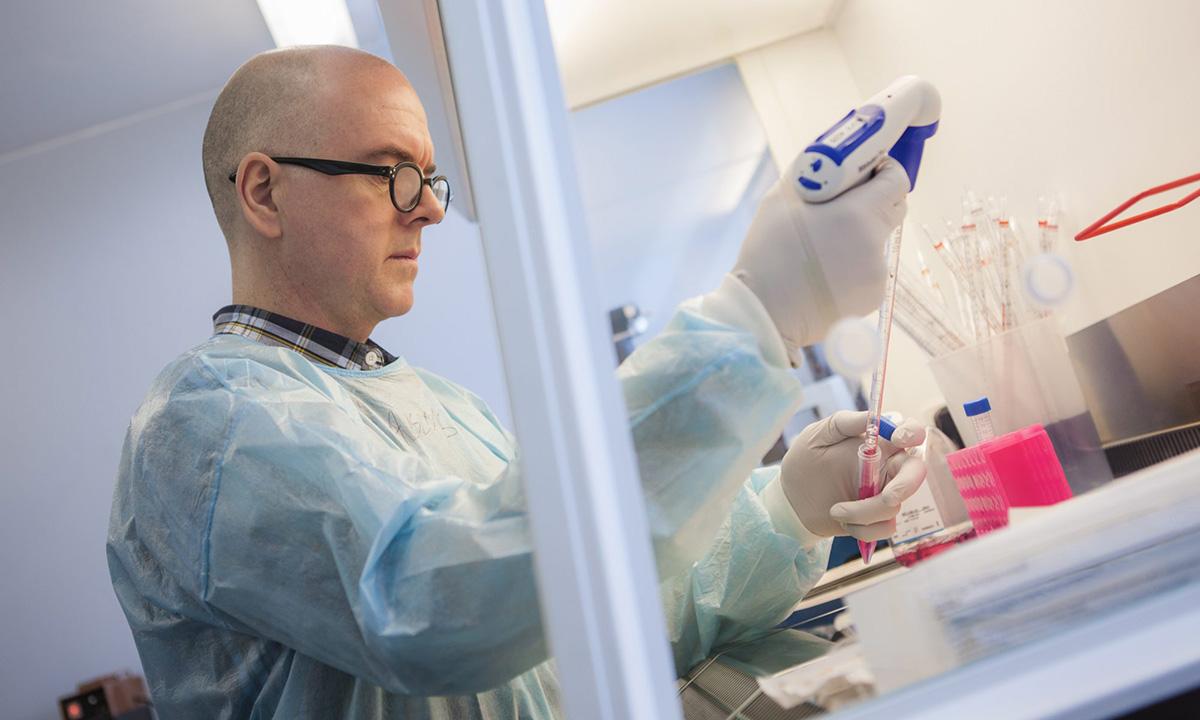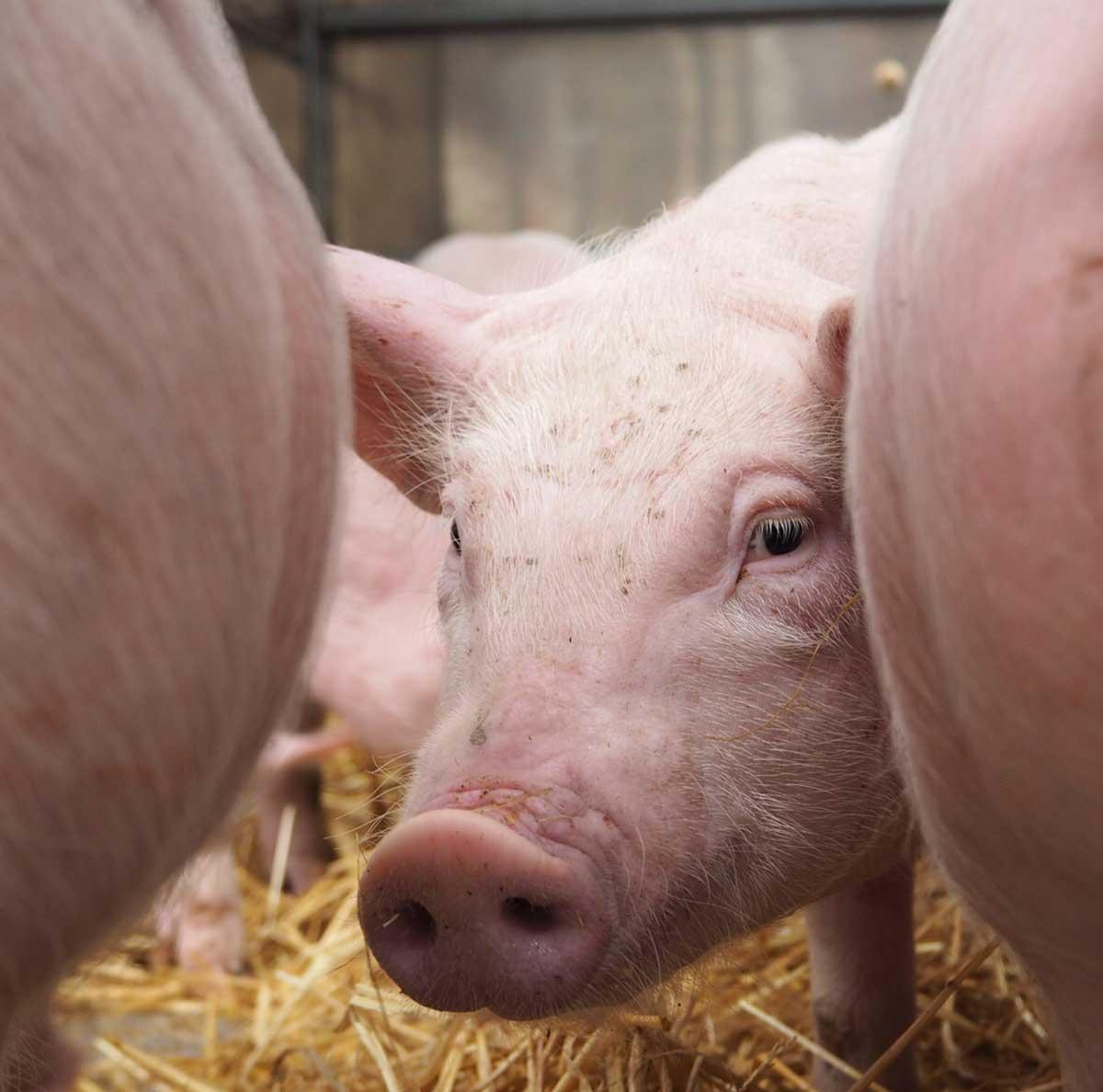The Pirbright Institute is partnering with researchers at The Vaccine Group (TVG) in Plymouth on a new project that sets out to control African swine fever (ASF).
Pirbright researchers are collaborating with TVG to accelerate the development of safe and effective vaccines against the deadly contagious disease.
ASF, prevalent on every continent except South America and Antarctica, poses a significant threat to domestic swine and wild boar populations, including endangered species such as babirusa and pygmy hogs.
Despite movement restrictions, the virus continues to spread rapidly across Europe and around the world, threatening global food security, causing substantial economic losses, and devastating biodiversity and farmer livelihoods. In 2022, the UK's pig and pork export market was valued at over £623 million, which would likely be lost in the event of an outbreak.
Traditional vaccine methods have proven ineffective, prompting the need for innovative solutions.
With funding from the Department for Environment, Food and Rural Affairs (Defra) and the Biotechnology and Biological Sciences Research Council (BBSRC), part of UK Research and Innovation (UKRI), researchers led by Dr Chris Netherton, head of Pirbright’s African Swine Fever Vaccinology research group, in collaboration with Dr Jeremy Salt (CEO) and Dr Michael Jarvis (CSO) at TVG, aim to revolutionise ASF vaccine development.
Dr Salt (CEO) said: “We’re excited TVG is joining forces with The Pirbright Institute to tackle one of the most pressing challenges in swine health. Our expertise in vaccine technology, combined with Pirbright's groundbreaking research in African swine fever, presents a unique opportunity to make a real difference in the fight against this devastating disease. Together, we're committed to developing innovative solutions that will benefit both animals and communities globally.”

The project adopts a novel approach, utilising bovine herpesvirus 4 (BoHV-4) as a platform for developing ASF vaccines, leveraging recent advancements in ASF vaccinology and porcine immunology. By harnessing TVG's expertise in herpesvirus-based vaccine platforms, the team hopes to catalyse the development of safe and effective ASF vaccines.
Dr Chris Netherton said: “The data generated by this project on the immune response to ASFV infection will interest researchers studying other swine pathogens like porcine respiratory and reproductive syndrome virus, swine influenza virus, and classical swine fever virus. Through our collaboration with TVG, The Pirbright Institute is not only helping to fight African swine fever, but also revolutionising vaccine development. By harnessing bovine herpesvirus 4, we aim to create safer, more effective vaccines for global pig protection."
The project is expected to take 18 months and will identify a novel vaccine candidate.
